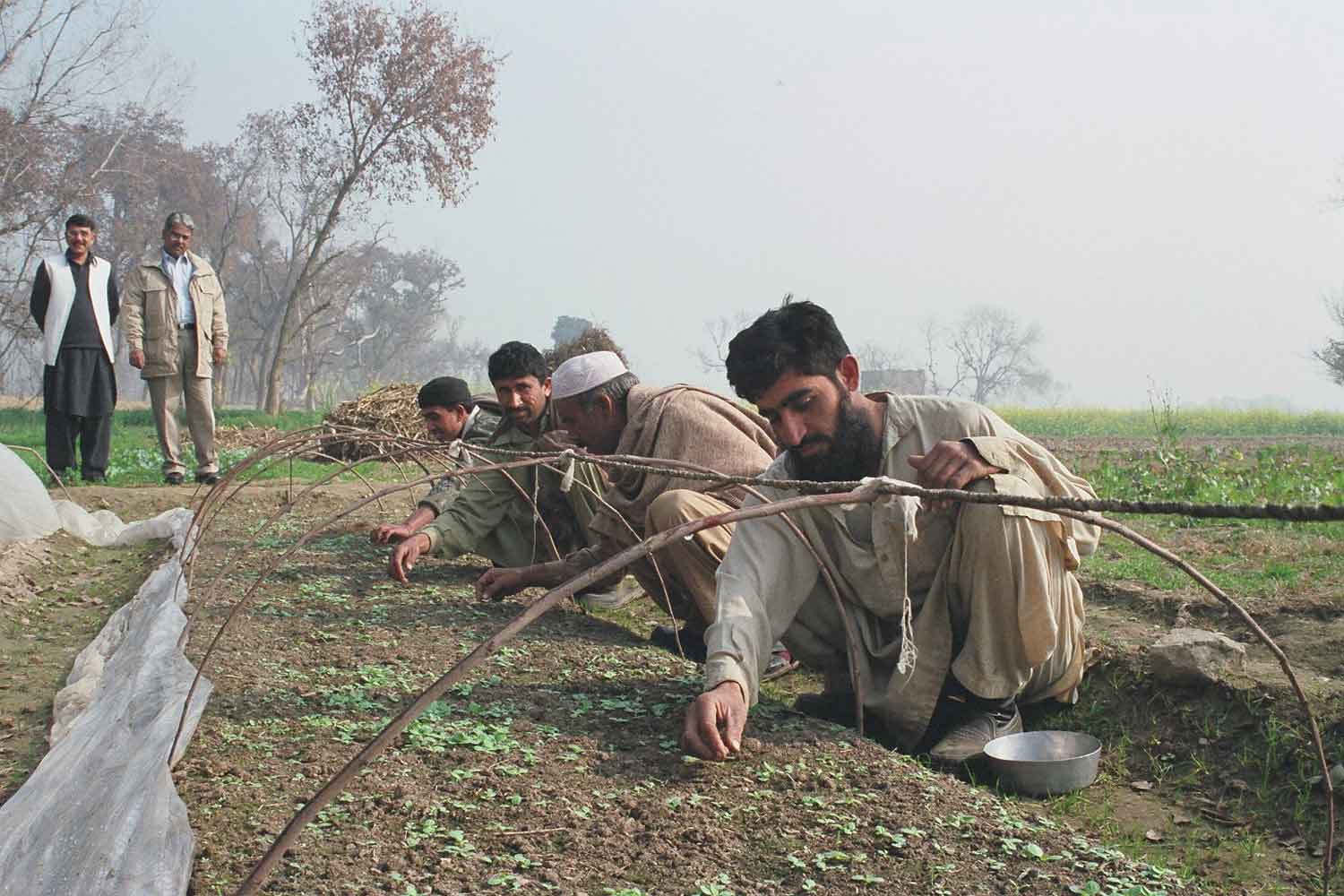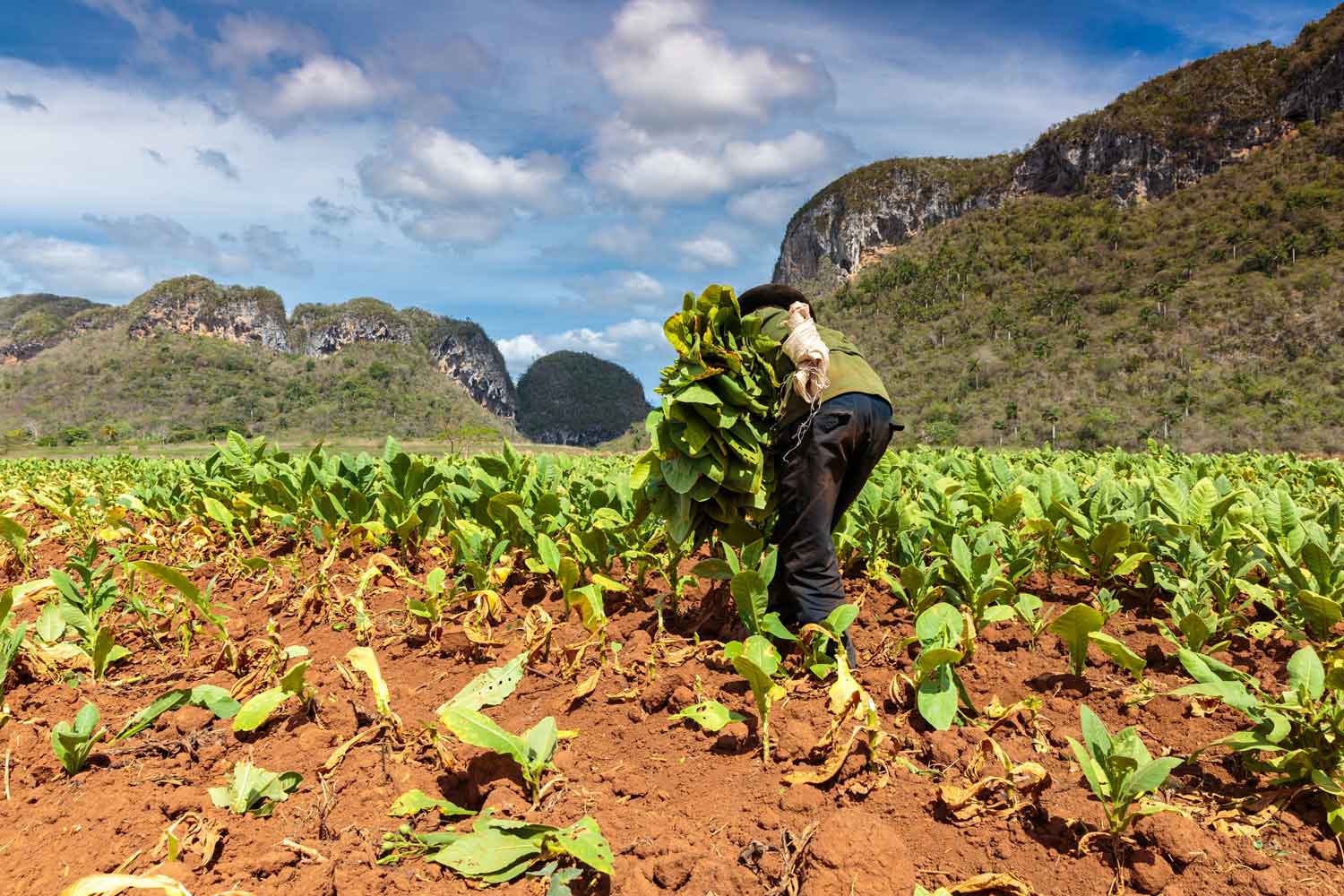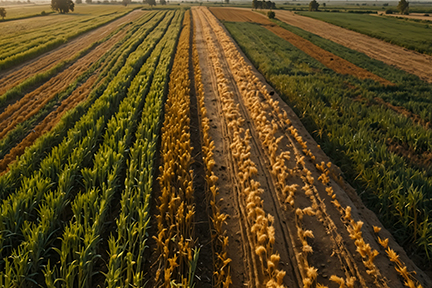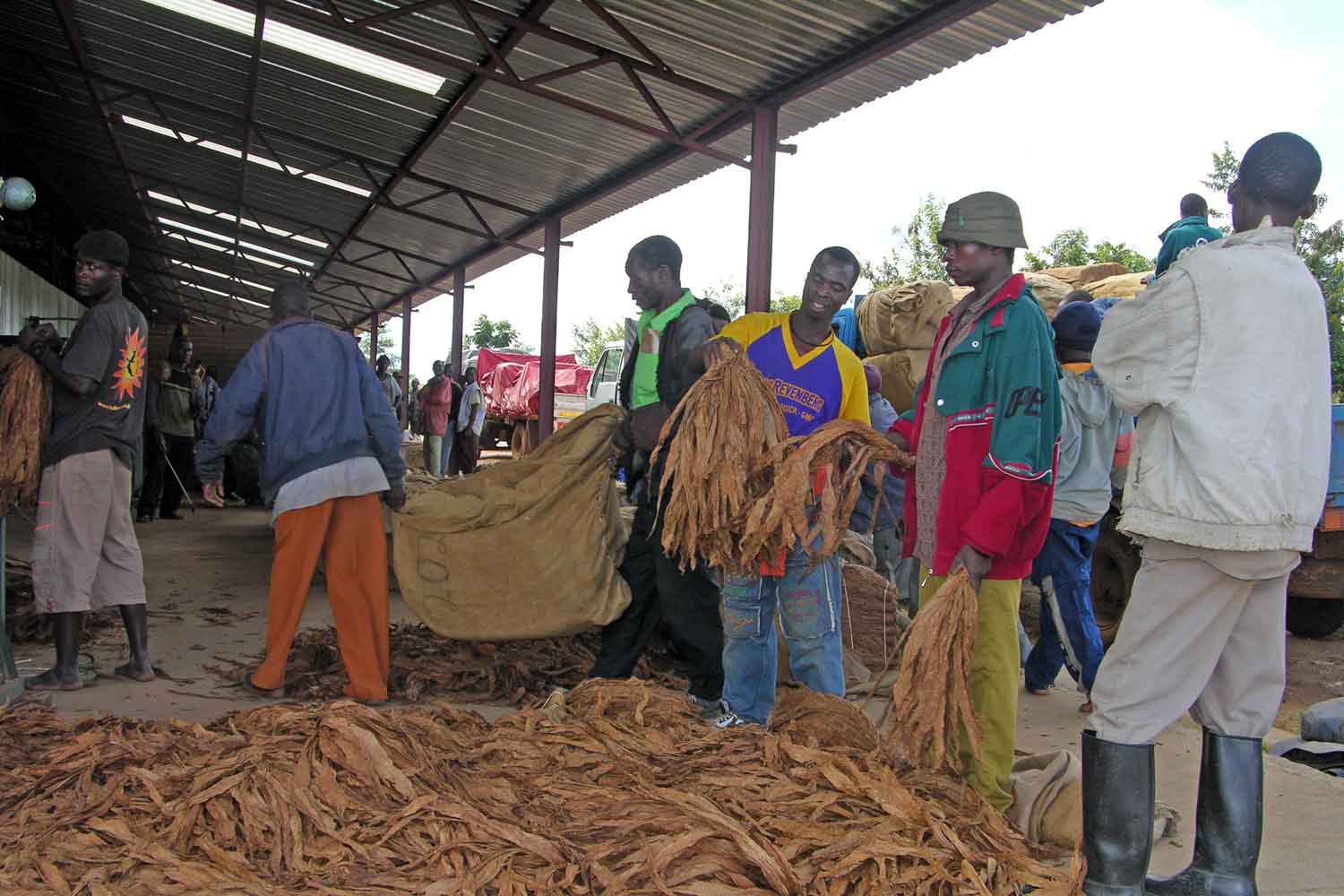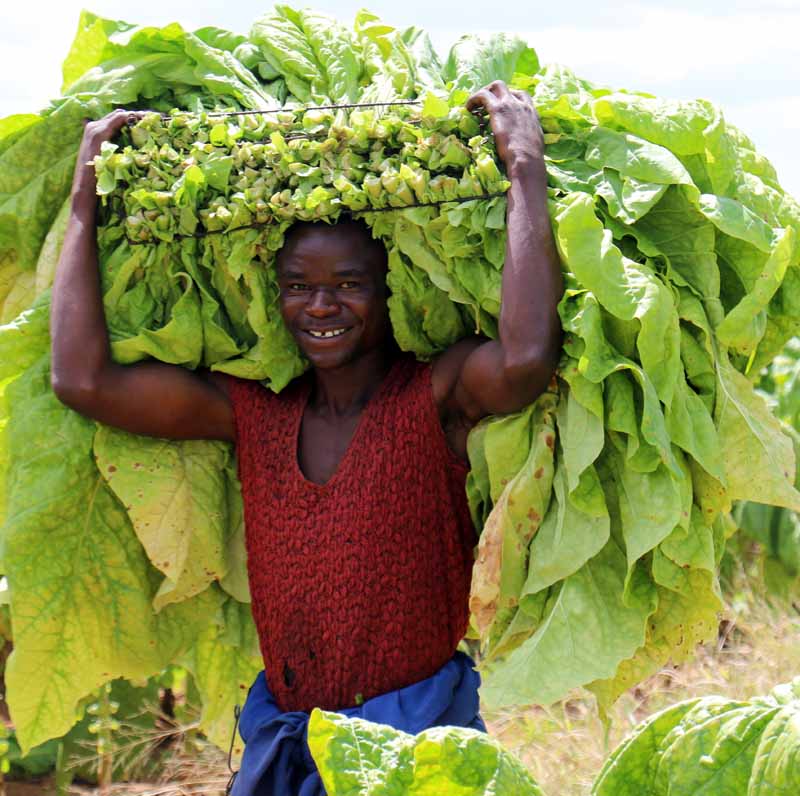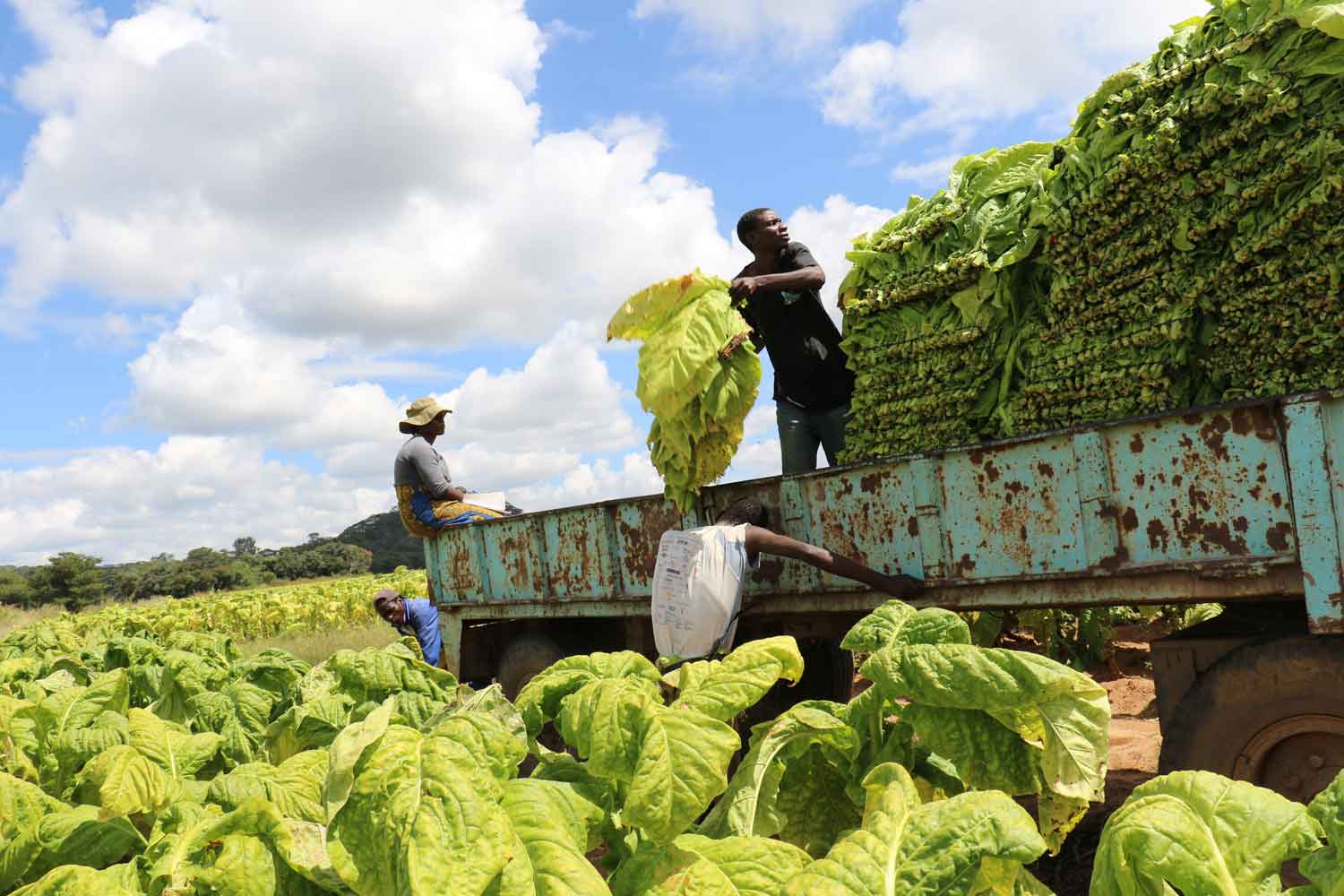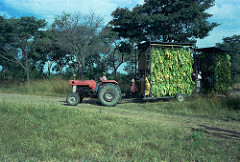Tobacco growers in Pakistan have welcomed the federal government’s decision to set a Minimum Indicative Price (MIP) for various tobacco types, calling it a crucial step for protecting growers’ incomes. The Economic Coordination Committee approved the MIP, making it mandatory for tobacco companies to buy surplus crop at or above the set prices, in line with tobacco marketing law MLO-487.
Farmers pointed to rising input costs, with tobacco cultivation costing up to Rs1.9 million ($6,650) per hectare, compared to around Rs300,000 ($1,050) for wheat. “If tobacco prices drop, farmers risk losses in the hundreds of thousands,” said former Pakistan Tobacco Board (PTB) director Muhammad Ayaz.
MIP rates include:
- Flue-cured Virginia: Rs545/kg ($1.91) (plains), Rs615.9/kg ($2.16) (sub-mountainous areas)
- White Patta: Rs262.6/kg ($0.92)
- Barley: Rs316/kg ($1.11)
- Dark air-cured: Rs388.9/kg ($1.36)
- Naswar/snuff/hookah: Rs262.6/kg ($0.92)
- Sun-cured Virginia: Rs350.2/kg ($1.23)


